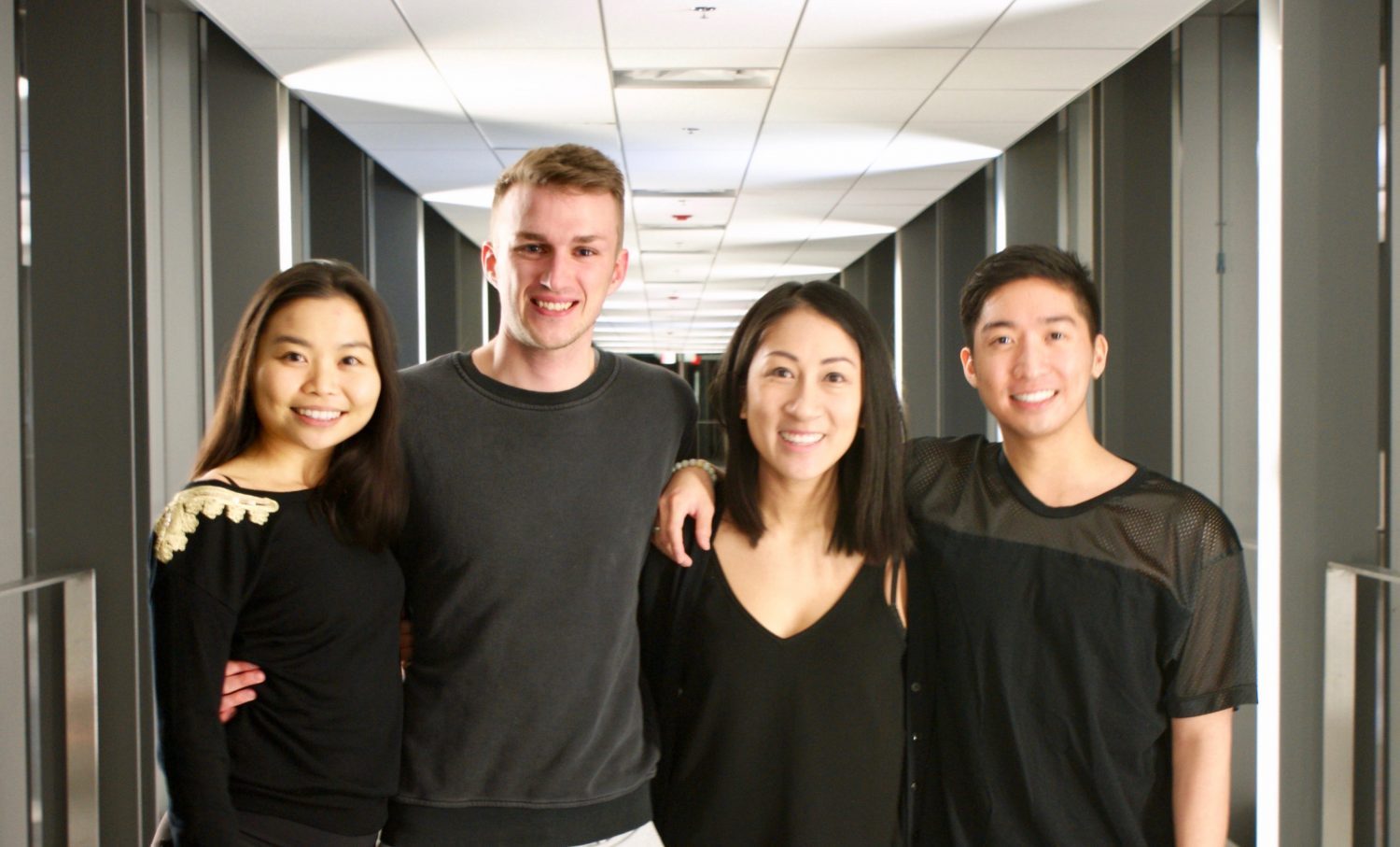EPOCH aids refugees in K-W region

Students and Alumni at the University of Waterloo have started a new social enterprise project called EPOCH and their goal is to provide relief and assistance to refugees in the Kitchener- Waterloo Region.
The project was founded by Jade Choy, an accounting and finance alumni, Keith Choy, masters of accounting alumni and CPA candidate, and Lisa Tran, science and business undergraduate.
“EPOCH, it means new beginnings,” Tran said.
“It started as a competition, but it has evolved into a social enterprise. As we did more research, we realized that this is a prominent issue within the K-W region with the Syrian refugee crisis,
“Since there’s a lot of attention on it right now, there’s a lot of things we can learn and incorporate it within our own research,” Tran said.
Right now, EPOCH is still in their startup stage, working with the University of Waterloo’s Velocity entrepreneurship program to further develop their project.
“What we’ve done is reach out to local organizations to see how they can work with us, in a sense,” she said.
“We started to get in touch with a local organization, Shamrose for Syrian Culture, that helps Syrian refugees integrate into the K-W region. What we learned was that a lot of Syrian refugees that come to K-W all depend on each other, although they don’t know each other,” Tran said.
“Their form of communication is through a WhatsApp group, filled with hundreds of people which Shamrose organized,
“We thought that this is such a great target group. Together with Shamrose, my team and I have been going to their Tuesday evening coffee shops, where Syrian refugees meet and speak with one another, and local communities get to come out as well.”
EPOCH hopes to further the work of Shamrose and create a phone app that is specifically designed to help Syrian refugees rebuild their lives in Canada.
“The goal is to connect refugees with their community members and by connecting them we’re fostering an exchange of services for time credit,” Tran said, regarding how the application would potentially work.
“For example, how it works is you open the application, as a refugee and you need help learning English. If there’s someone on the application who is a local community member, that can teach you English [and] you get paired up. You exchange the service, and the refugee would exchange a time credit for an hour of the person teaching English,” she said.
“In a sense, it would create a battering system that would encourage volunteering in the community,” Tran said.
“What we really hope to do is to develop a mobile platform and start testing it in the K-W region, then branch out further into Canada.”

